Chengdu (成都) and Chongqing (重庆): the two major cities of the Sichuan region, each a megacity in their own ways.
Well, at least until 1997, when Chongqing “separated” from the Sichuan province and became a municipality. While I’m not entirely sure what prompted the “separation” (I suppose its growth and size), and the true cultural impact of doing so, becoming a municipality enabled Chongqing to have increased political weight and detachment from provincial influence.
Yet from my time in both cities, they are still linked together as cultural counterparts. For starters, the two cities are only 1-hour apart by train, boast significant urban populations (>15 million), and are characterized by high elevation with major river routes.
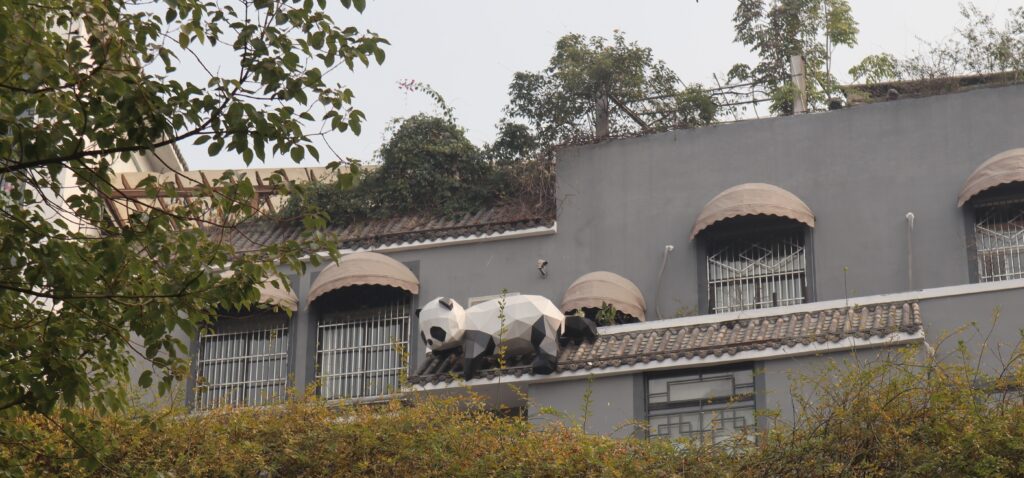
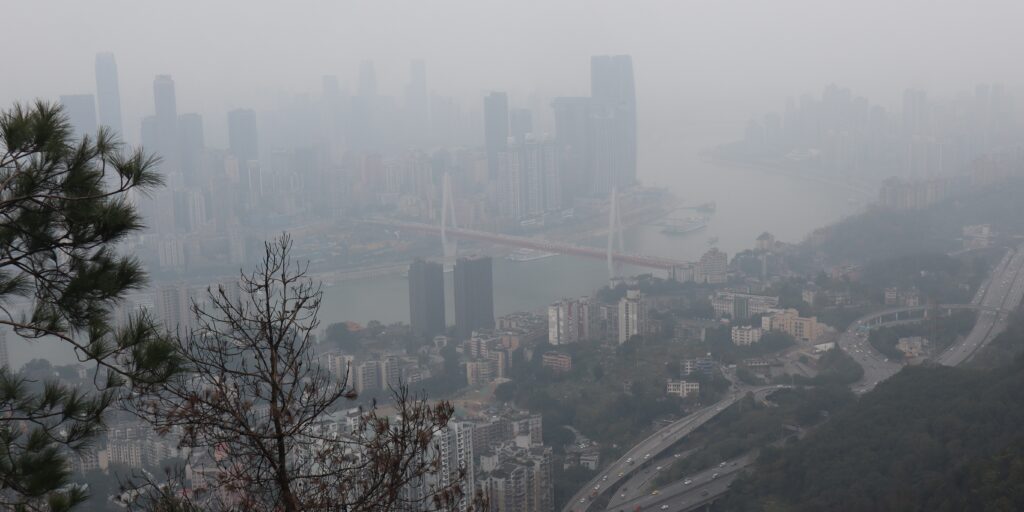
But it’s the attitudes from the cities that compel me to compare the two.
Chengdu residents make it a point of emphasis to describe living in the city as particularly relaxed and comfortable. I think that’s true if you base your perspective on the activities most residents engage in. Unless you’re there for business, life seems to flow through the parks, restaurants, teahouses, mahjong tables, and malls. Perhaps a tiny bit of gambling as well to go along with the rowdier nightlife. And I think it’s just me, but it feels like there are more smokers.
Meanwhile, Chongqing identity is, based only on my opinion, slightly more focused on hustle and innovation. I think what partially drives this is its history as a strategic location during the conflicts of the 20th century and the intensity of its urban concentration around a syncline (a geographic term describing the dramatic folding shape of a landscape). “Things happen here and you’ll exhaust yourself each day.” Notably, Chongqing is uniquely invested into its various transportation systems and finance hub.
Nevertheless, the cities cannot exist in vacuums, despite the fact that since 1997 Chongqing is no longer part of Sichuan. They are perhaps the only two cities of such cultural and economic magnitude in the geographic region. There is too much history and interaction between them. Still, it’s worth asking: do Chongqing folks consider themselves Sichuan people? I think older residents do, but younger ones maybe not so much.
CHENGDU
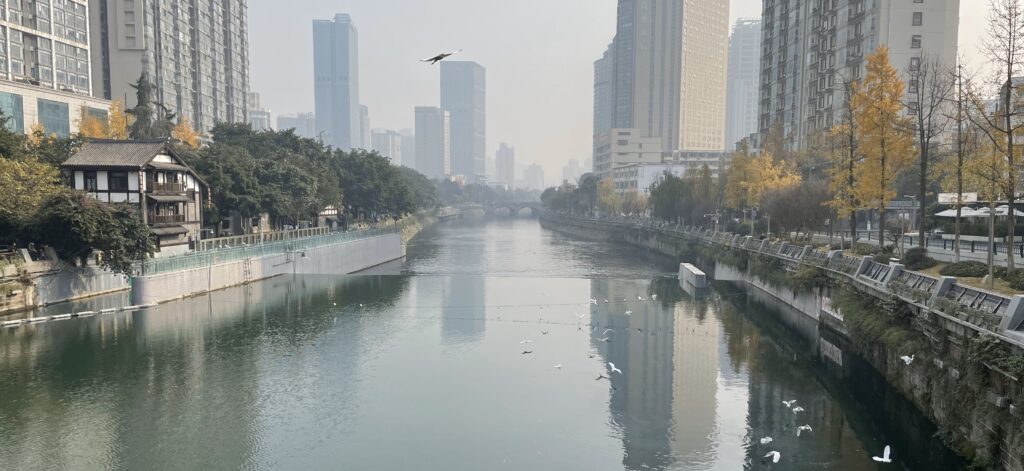

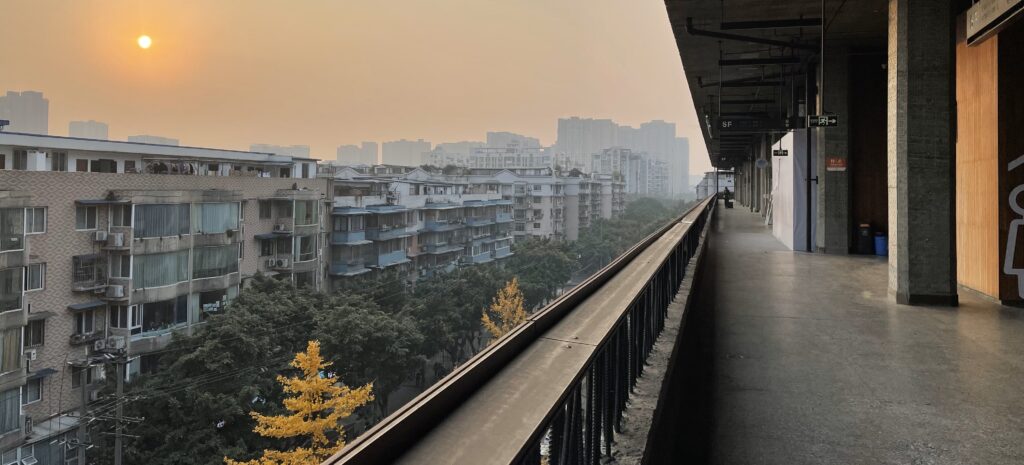
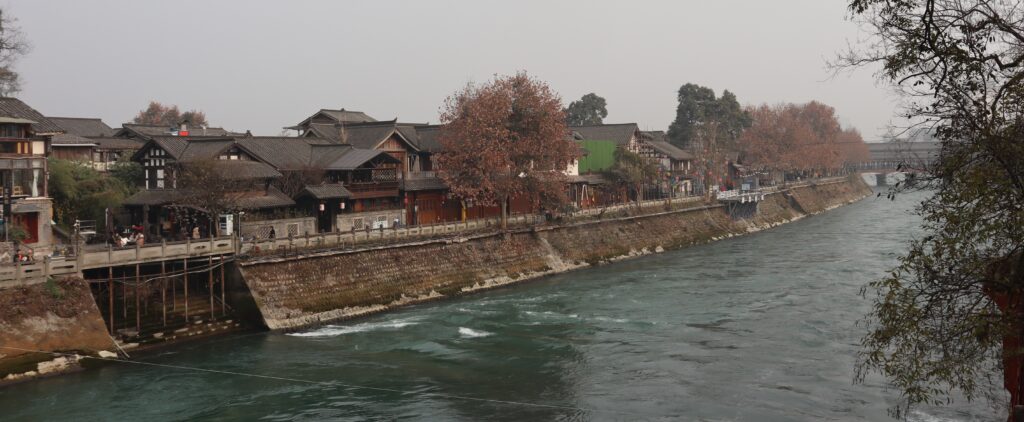
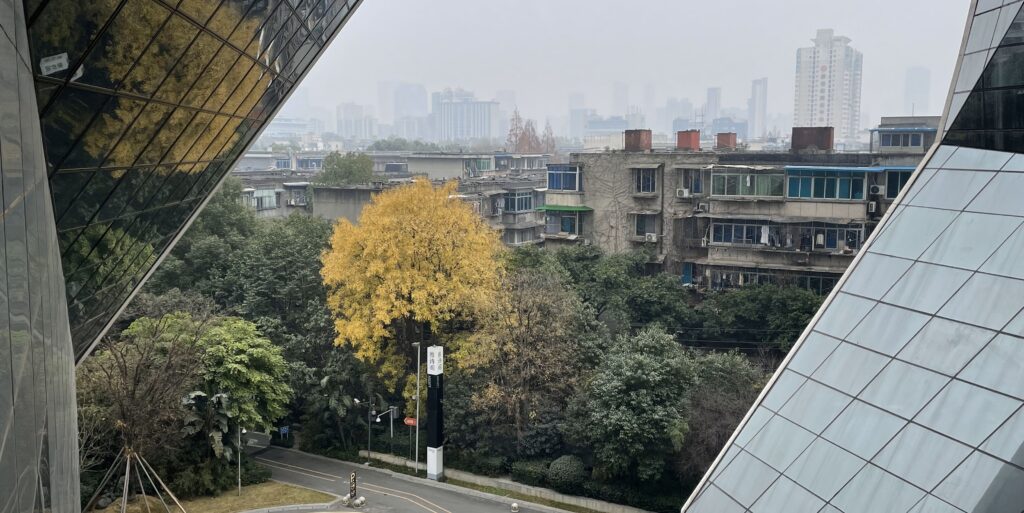

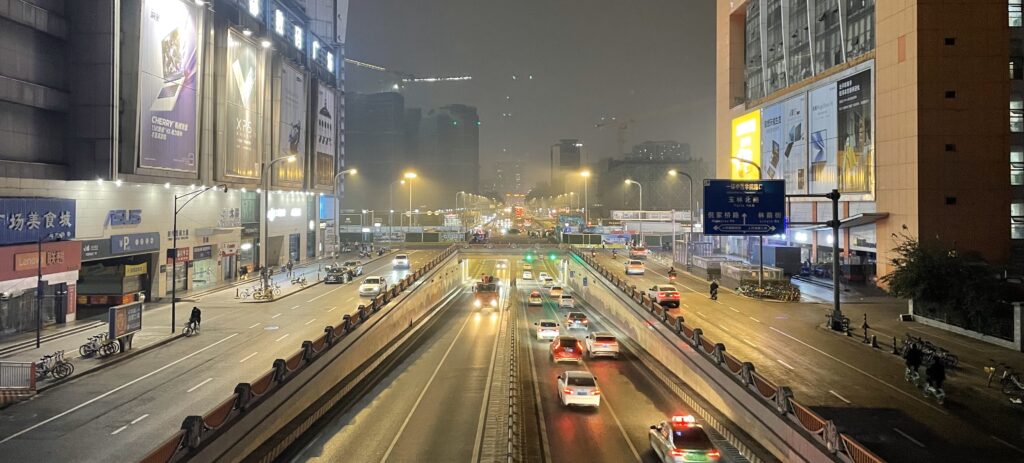
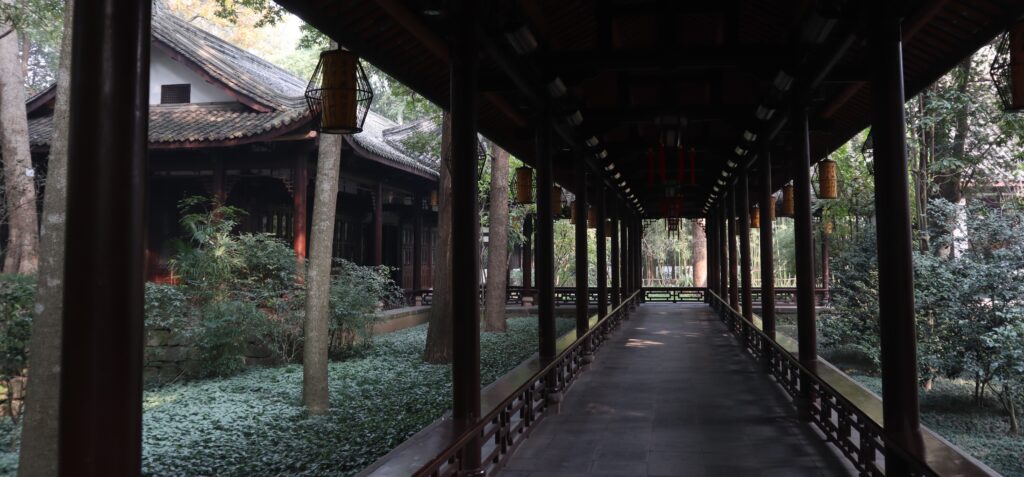
CHONGQING
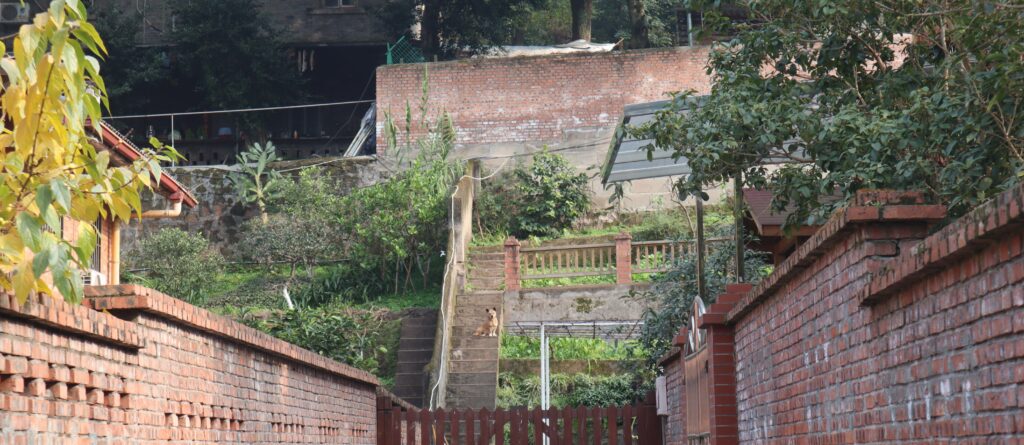
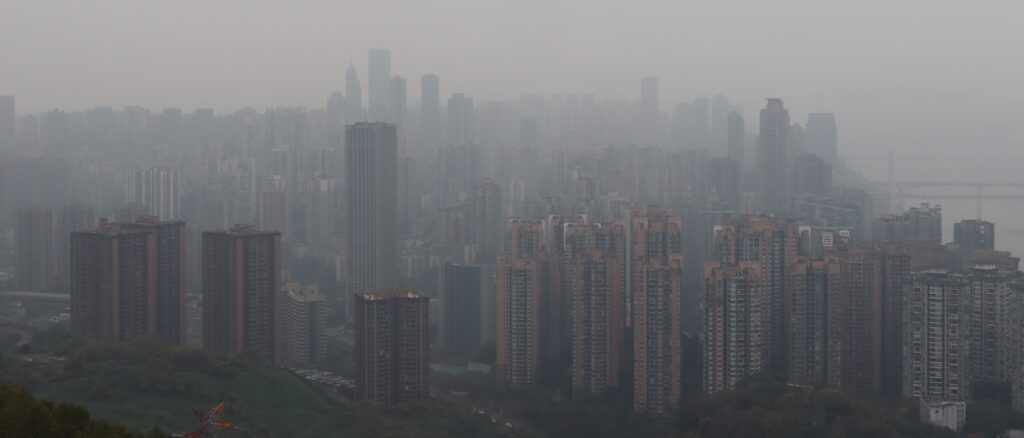
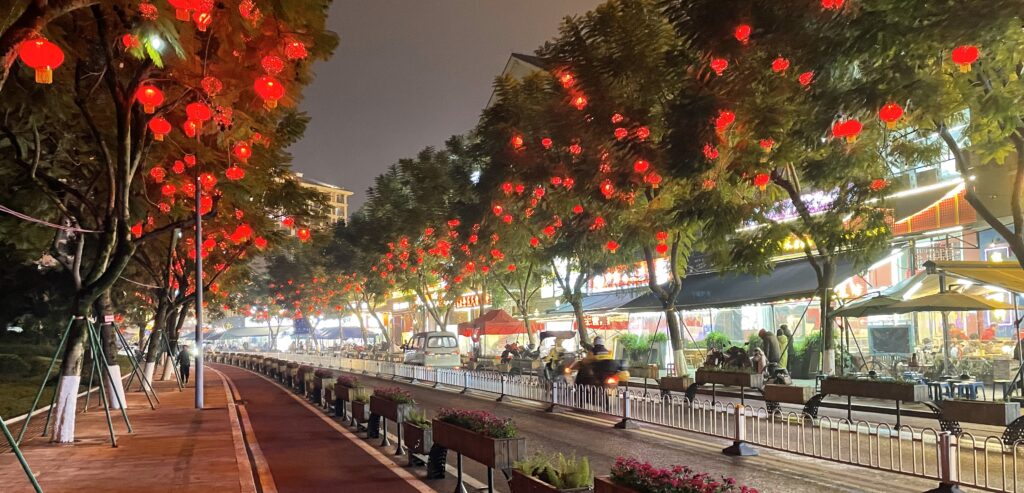
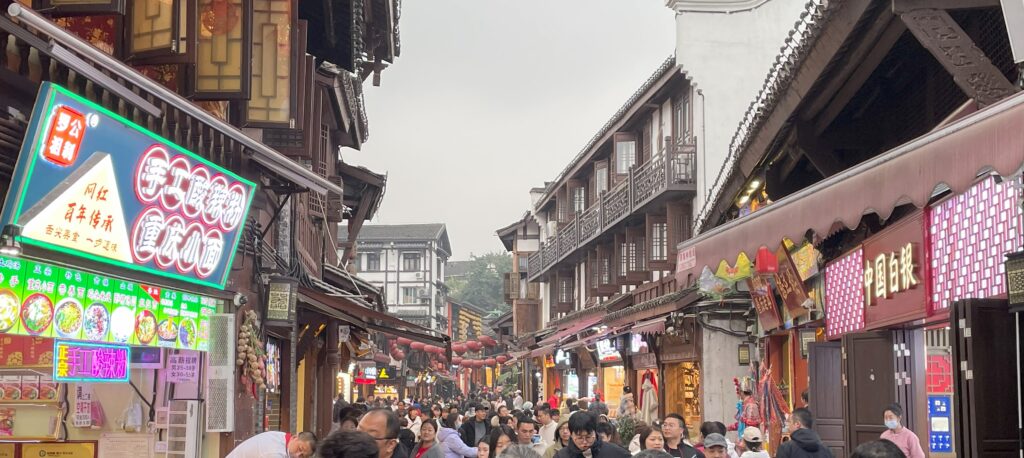

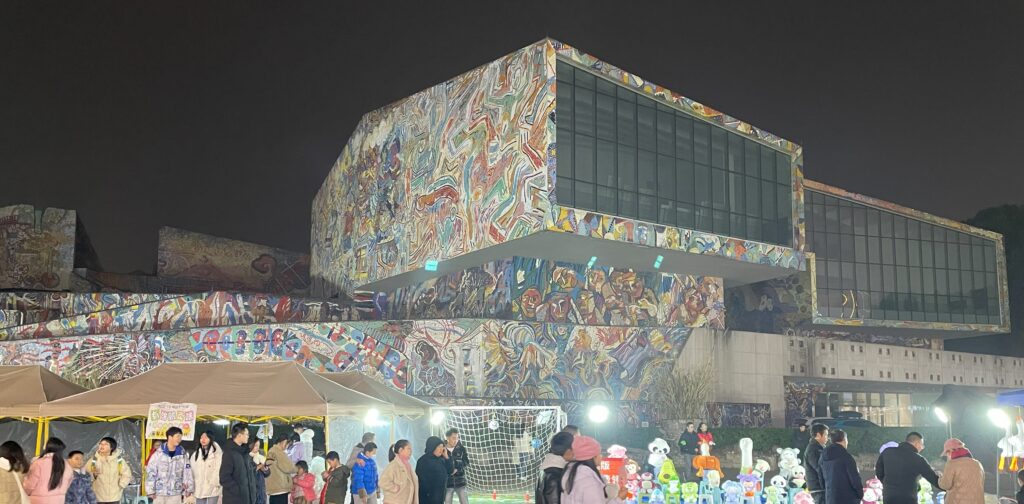
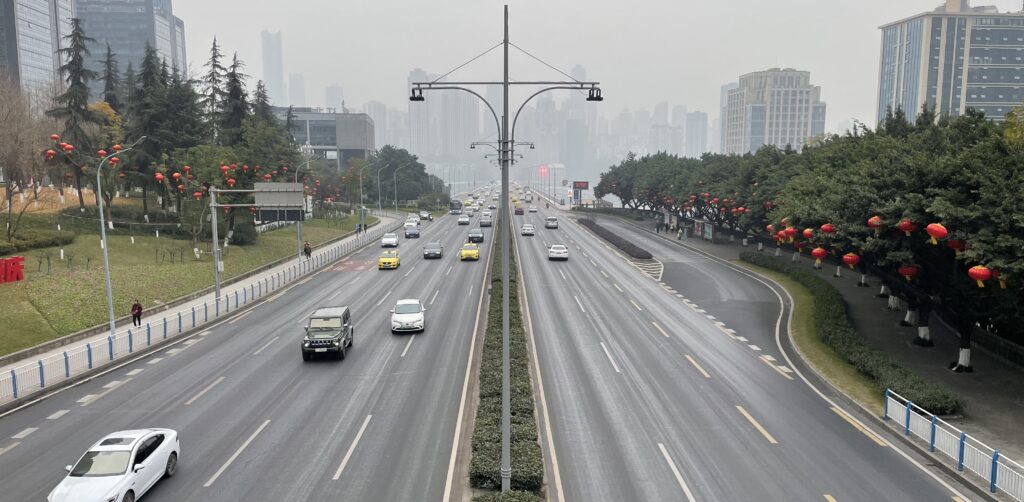
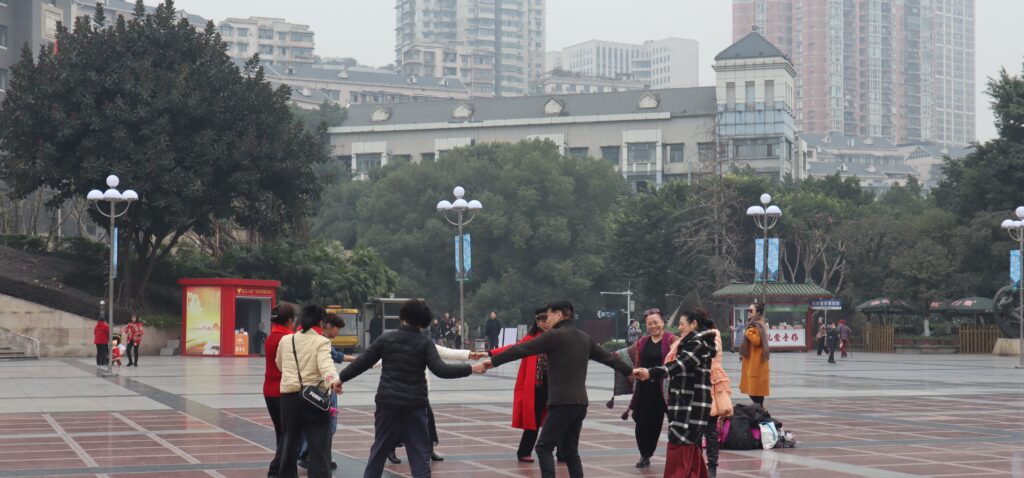

Leave a Reply